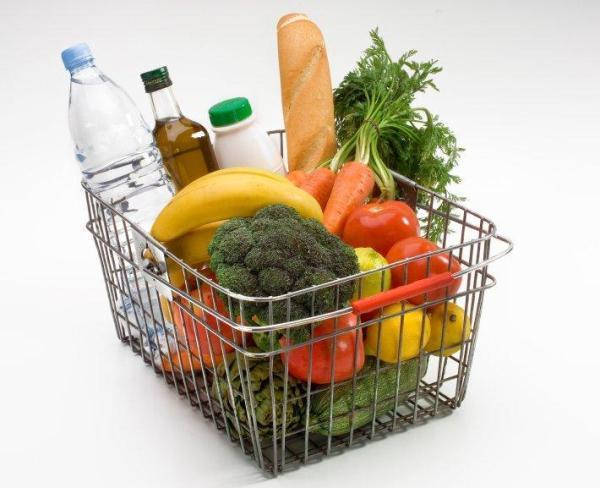Health & Nutrition
Kansans increasingly seek information about their food and nutrition needs, about how to prepare easy and nutritious meals, and about physical activity. Helping Kansans eat more healthfully and increase physical activity can improve their quality of life now and in the future, and reduce health care costs. Learning to eat healthfully also can stretch family foods budgets. 
In order to prevent food borne illnesses, K-State University scientists and educators present information on safe food handling practices for the benefit of Kansans. Food Safety: Consumers require protection from food safety hazards. An estimated 76 million cases of food borne illness occur in the united States each year, resulting in about 325,00 hospitalizations and more that 5,000 deaths. Food safety programs are needed for on-going consumer protection from food supply hazards. K-State Research and Extension, Twin Creeks District provides ServSafe Programs for food service employees and managers.
Corona Virus Information
Grilling Tips: Safety first will help keep the fun in outdoor eating
Food Safety After Power Outage
Family Nutrition Program (FNP)
Cooking Temperatures for Meats & Eggs, Cold Storage Lengths for Common Foods, in Spanish and English
